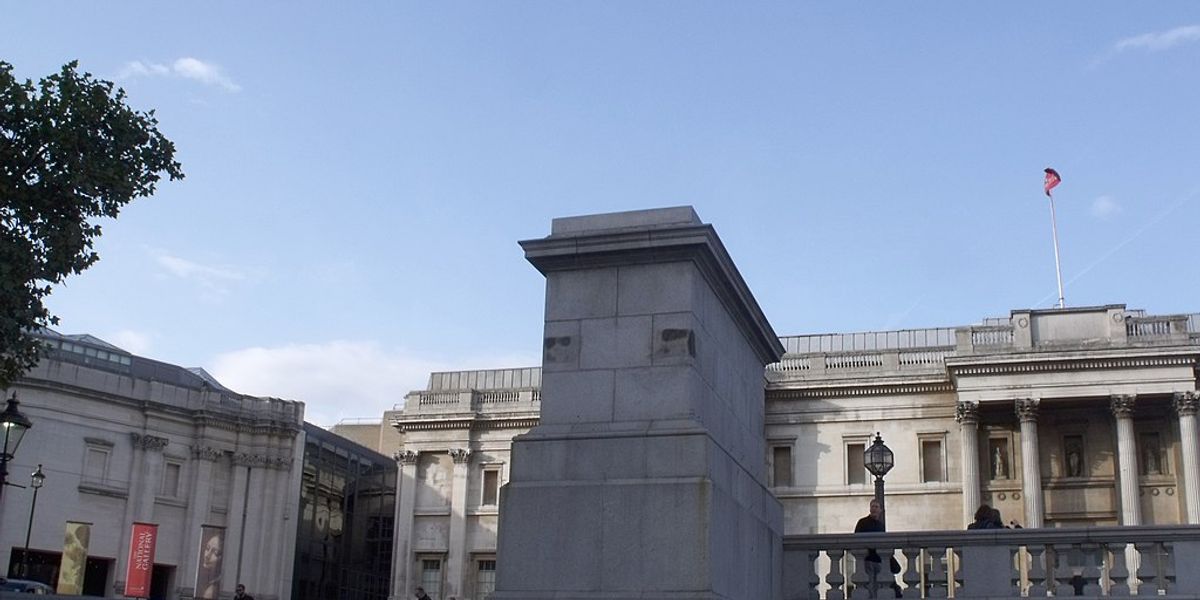Given my own positionality in Africa and its twentieth and twenty-first century history, I thought about oil crises in Lagos, Nigeria, during the mid to late seventies. The crisis of oil was a crisis of “oil money” as Fela Anikulapo Kuti wrote in his song, Confusion (1975). “When we talk confusion / everything out of control,” he wrote. In Nigeria, musicians have always been the master storytellers, and through them historical narratives are built through song and lore. Kuti’s songs document Lagos during the seventies, but more importantly reflect the social problems of growing economic inequality of “people who no see money.” Against skepticism, I argue that Kuti’s music offers a historical narrative which unpacks “oil money” and the oil crisis in ways that highlight socio-economic inequalities and in ways that anticipate Ken Saro Wiwa’s fight against multinational Royal Dutch Shell in the aftermath of oil spills and the anthropocene along the coast of Southern Nigeria during the early nineties. The extrastatecraft of oil infrastructure created the “jaga jaga” situation of those who were certainly affected by the lucrative geopolitical oil trade. Rather than anticipate “the end of oil,” in 1975, Kuti chose to critique the oil wealth splashed on modernist architecture and the famous Second World Black and African Festival of Arts and Culture which opened in 1977, but whose plans had begun circa 1972.
I continued taking notes on the Bergen Assembly:



